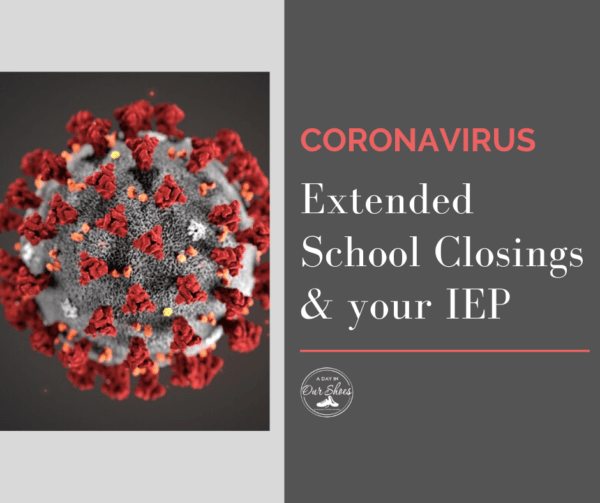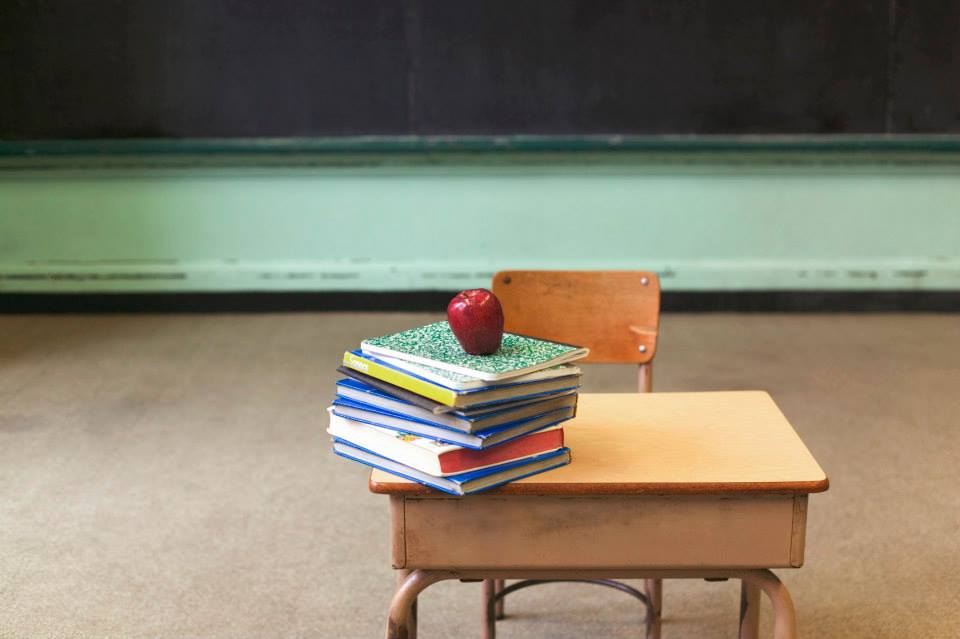There is no denying the Philadelphia School District is woefully underfunded, understaffed, and under fire. I’ve written before about the budget and management crisis in Philadelphia, offering some small ways families can offer support. In some ways things are getting better, but in other ways, not so much.
The drama in the district is no small part of the reason why many families flee to the suburbs or choose to put their children in pricey private schools. I am fortunate enough to live in one of the better elementary school catchments. Though due to record parental involvement and a renaissance of community interest in grassroots public school improvement, the definition of better has expanded from a formerly elite three to more than a dozen thriving community elementaries that families are excited about.
While I was nervous about my son starting kindergarten in such a scrutinized and unsure environment, the more I compare his experience to my own, the more I realize it’s not so different.
I went to elementary school in a very white, Jewish section of Abington, PA, where many of the students lived in the mansions of the “Biddle Estates.” These parents could have afforded to send their children anywhere, but Rydal Elementary it was. Looking back on what I remember, as privileged suburban youth in a top public school district, we didn’t have it all that different than the students at McCall.
1. Class Size: One of the biggest sticking points for families in consideration of public school is class size. Undeniably children in need of individualized attention for a variety of reasons may do better in a smaller setting. But looking back at class pictures confirms my memory of having about 25 students in a class with one teacher. No student teacher, no aid, no parent volunteers. My son’s kindergarten class tops out at 30, several of whom are learning English as a second language. As daunting as it sounds, the teacher seems to be able to handle the classroom with ease. He also has the full time assistance of a student teacher and parent volunteers throughout the week.
2. Phys-Ed and Enrichment: One day per week, we had art, music, Phys-Ed, library, and computers. My son has exactly the same schedule. The main difference is that in computers we played Oregon Trail, and he is probably learning code.
3. Space and Amenities: My son’s gymnasium doubles as the lunch room. My school’s gymnasium doubled as the lunch room, auditorium, theater, bus line and 6th grade school dance venue. For lunchtime, the tables folded out of the wall like Murphy beds.
4. School Lunch: My school lunch cost $1.05 and was absolute garbage. My son’s school lunch, if I allowed him to partake, would be free. It would still be garbage but probably slightly less so than 30 years ago. Ketchup is no longer considered a vegetable.
5. Field Trips: I remember exactly one school field trip – Styer’s Orchards in Langhorne. And to be honest, that might have been in preschool. It’s only October and my son already has a field trip scheduled to the Pennsylvania Academy of the Fine Arts to learn how to “properly admire and discuss fine art.” Oh, and to Styer’s Orchards in Langhorne.
I realize that it’s because I am in a better catchment that my son’s educational experience mirrors the 1980s experience that churned me out into a somewhat civilized member of society. Our parents can afford to chip in when it looks like the librarian could be laid off. We have a full-time nurse so I don’t have to live in panic that my son will die of an asthma attack without anyone noticing. There is an actual crossing guard.
They may no longer offer Mandarin or hand out free violins, but I’ll be damned if anyone is going to take away the 1980s education my children rightly deserve. It’s been proven by the students at Rydal Elementary that even without a pool in the building or a crew team, children who spoke no English upon arrival could go on to Ivy League universities.
Philadelphia public schools are far from perfect. But our families won’t allow the bickering powers that be to strip away our basic rights to Scholastic books, an overhead projector and very small wooden chairs. If you live in one of the “better catchments,” your kids will be just fine. And, hopefully, we can strip that “better catchment” nonsense from our vocabularies soon.

Paige Wolf is a Philadelphia mom and author of Spit That Out! The Overly Informed Parent’s Guide to Raising Children in the Age of Environmental Guilt. This post is adapted from her blog, Spit That Out!






